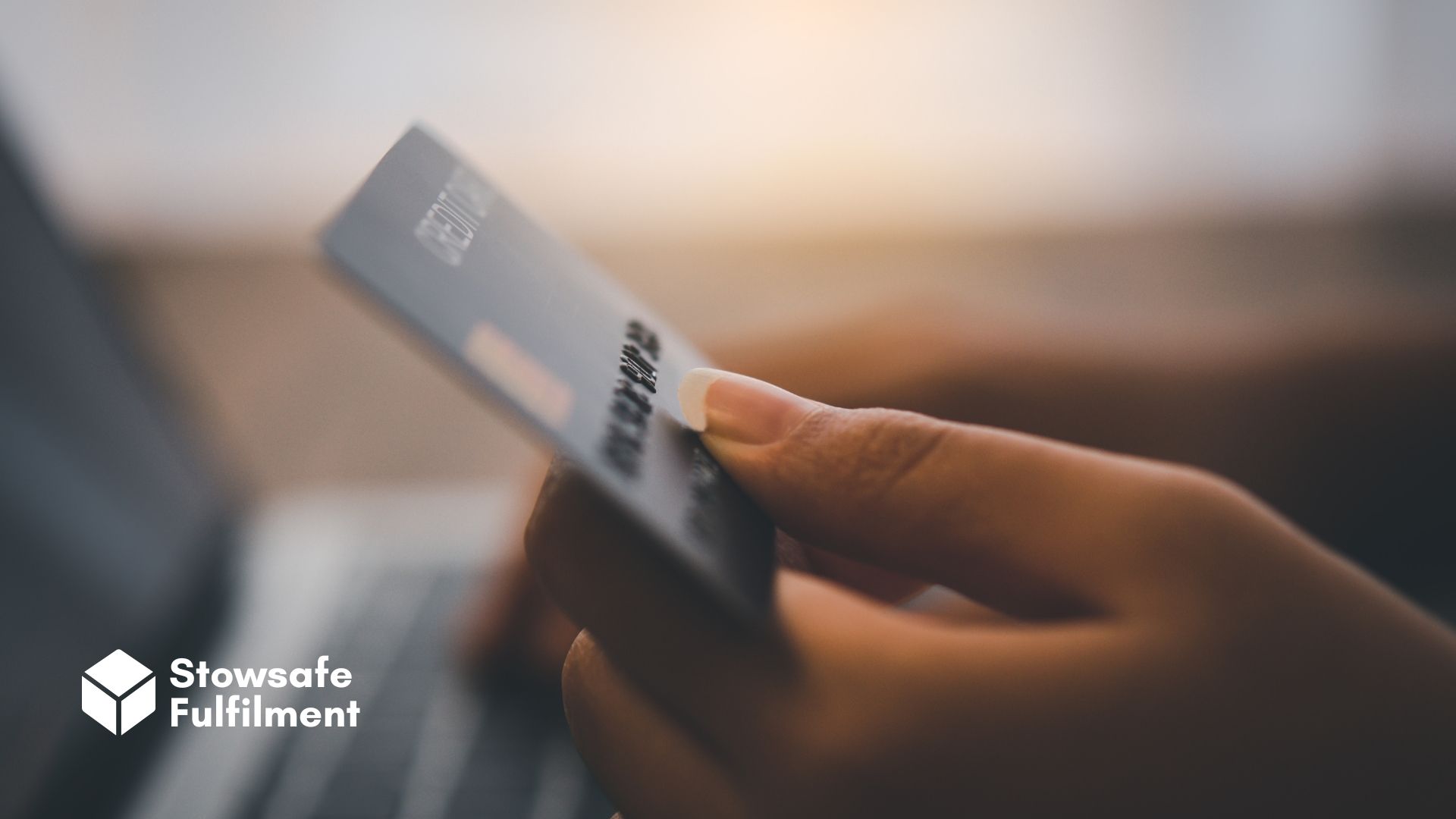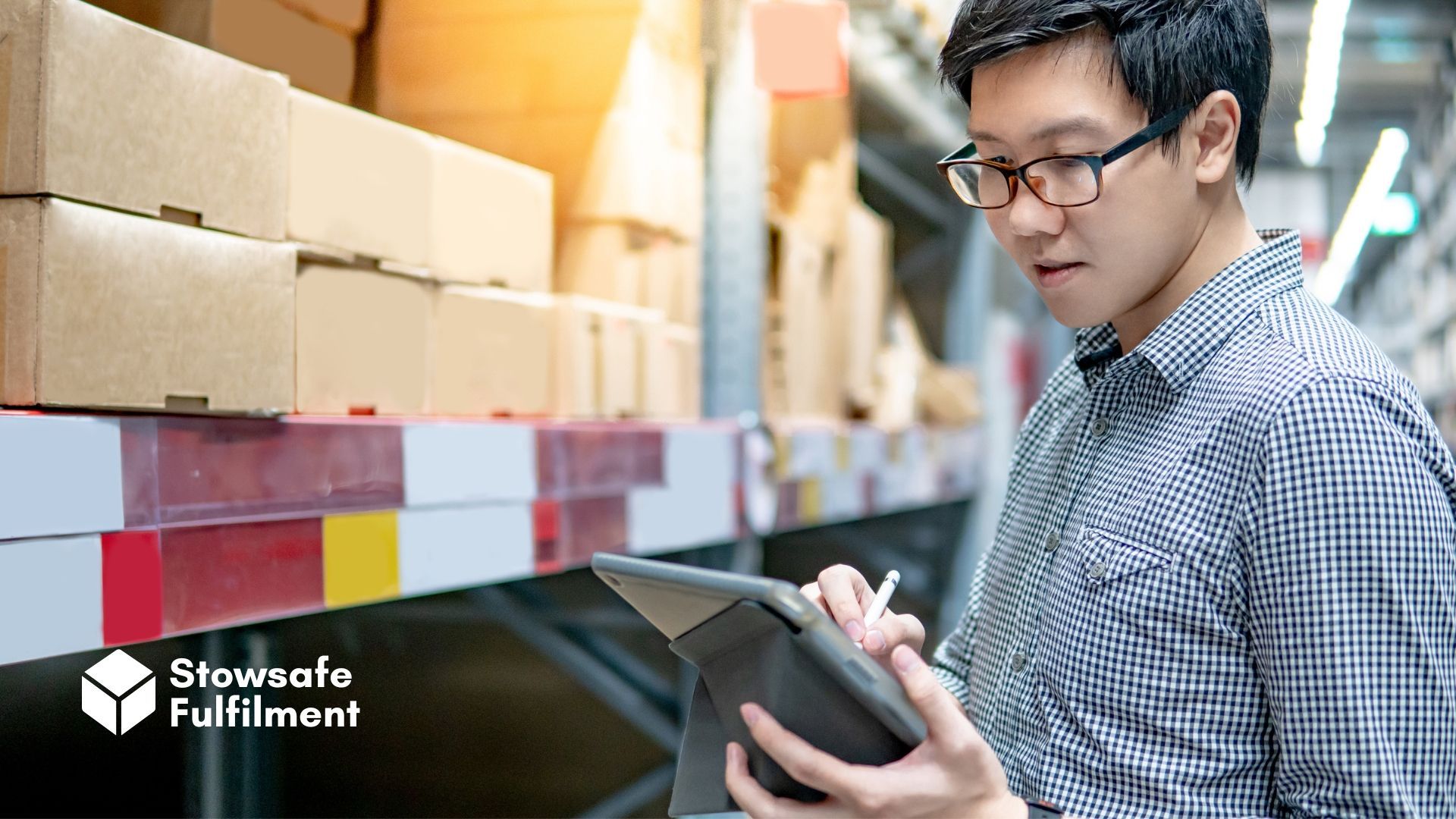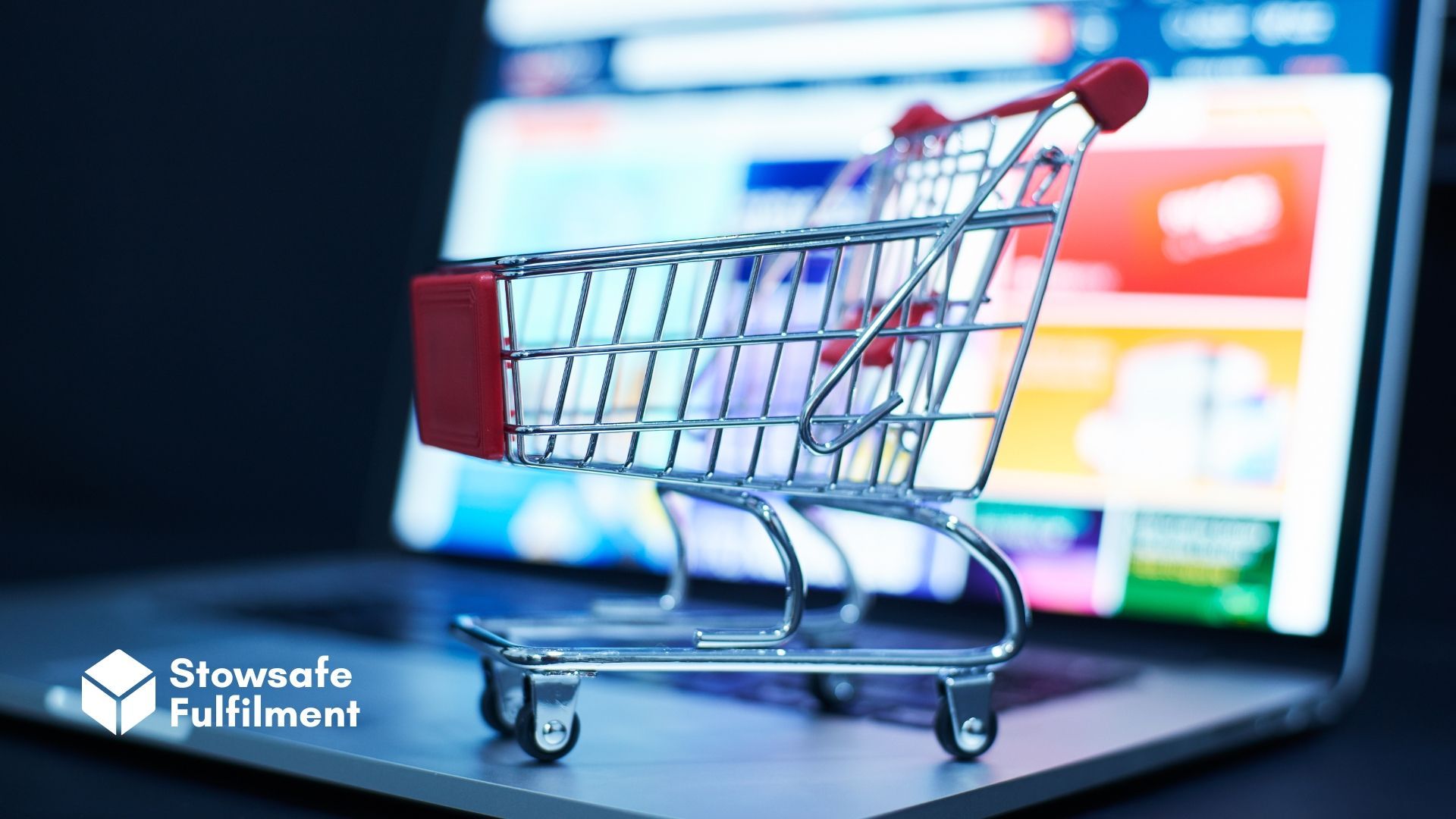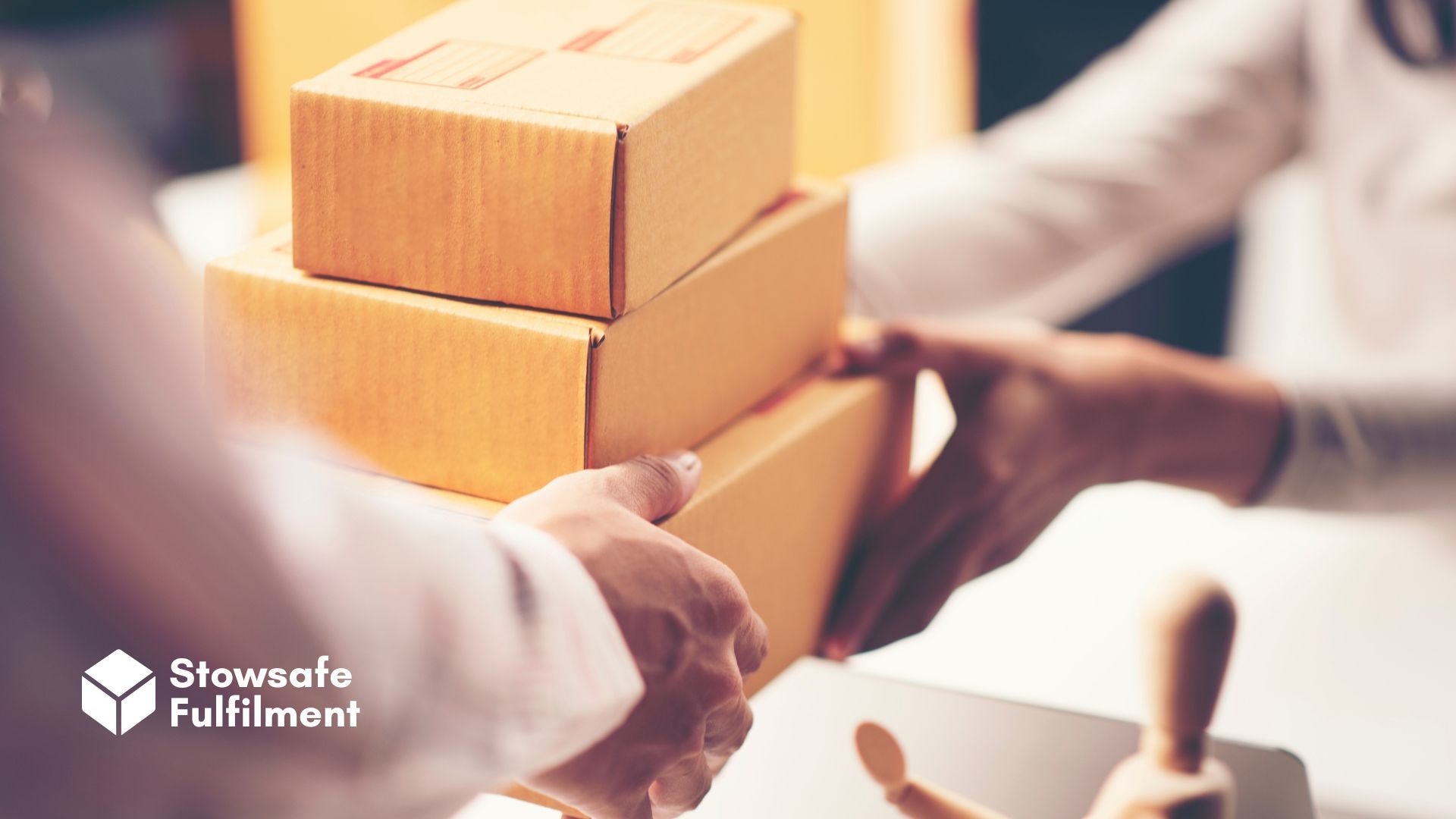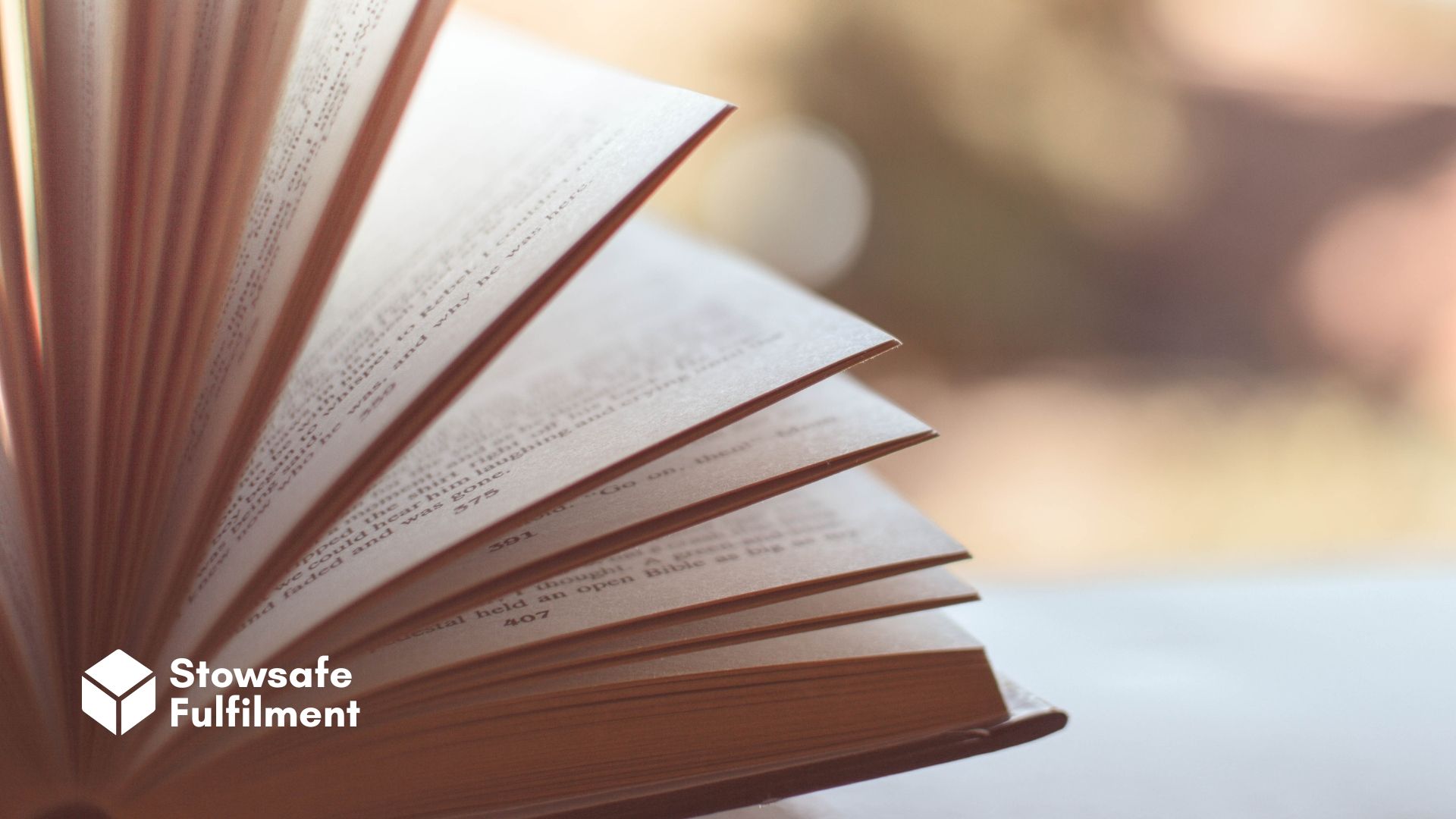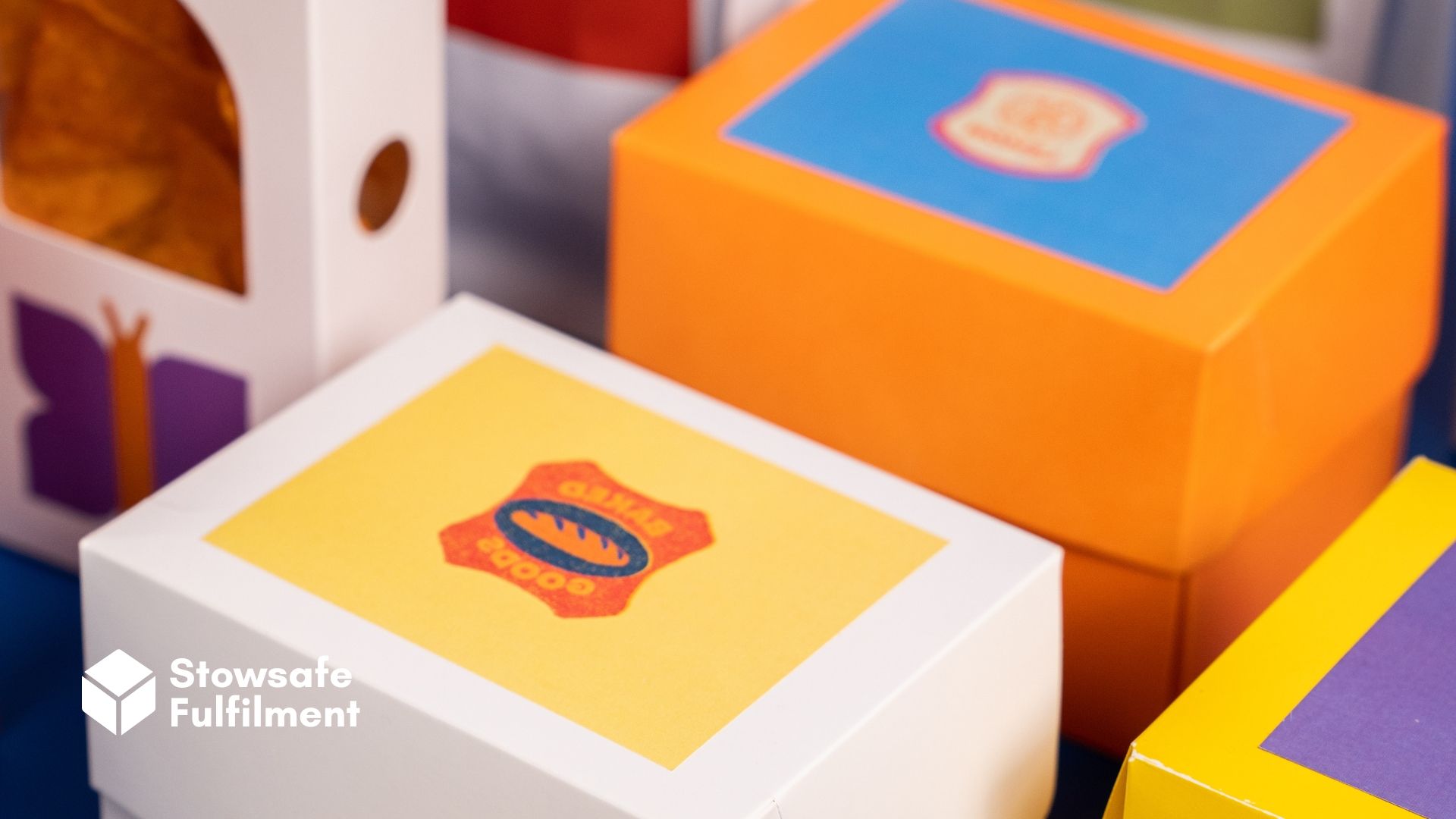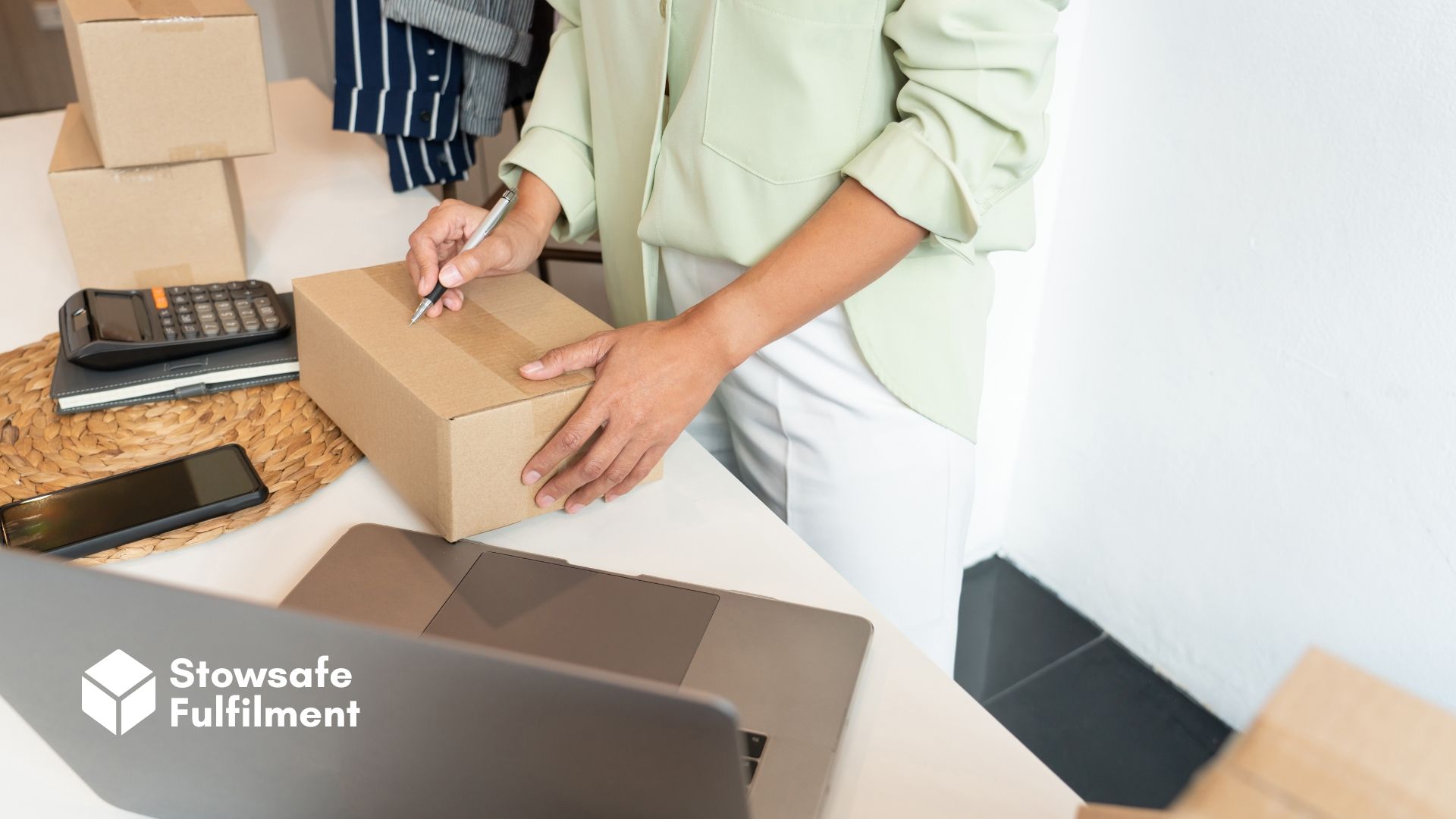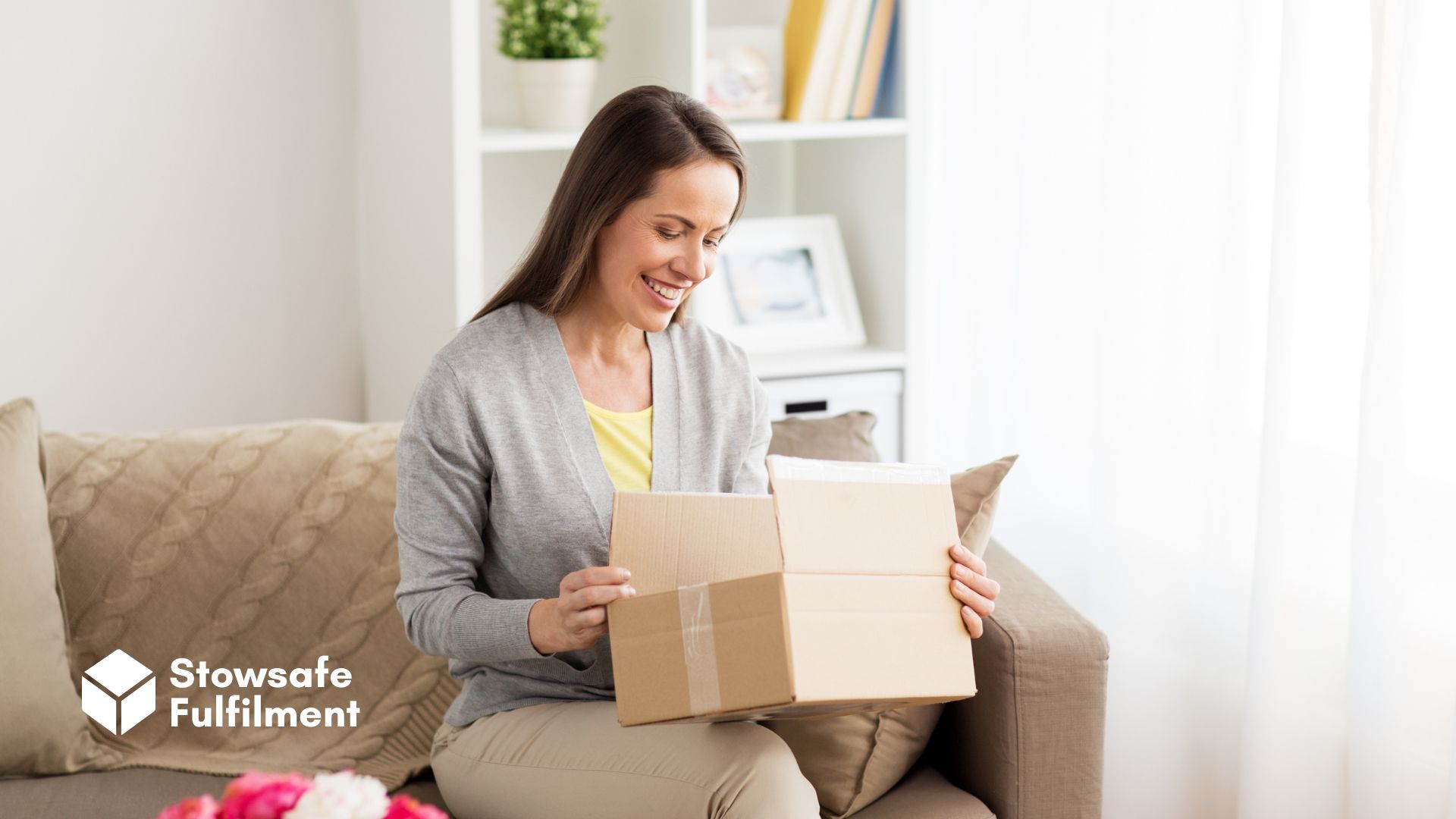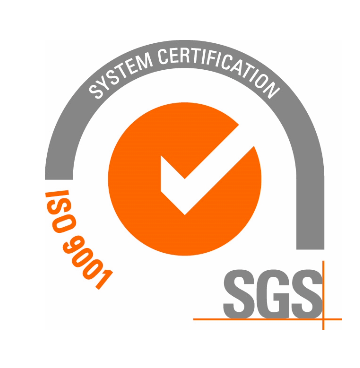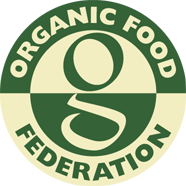You may know about 3PLs – but what about 4PLs? Learn the differences and how to choose between them.
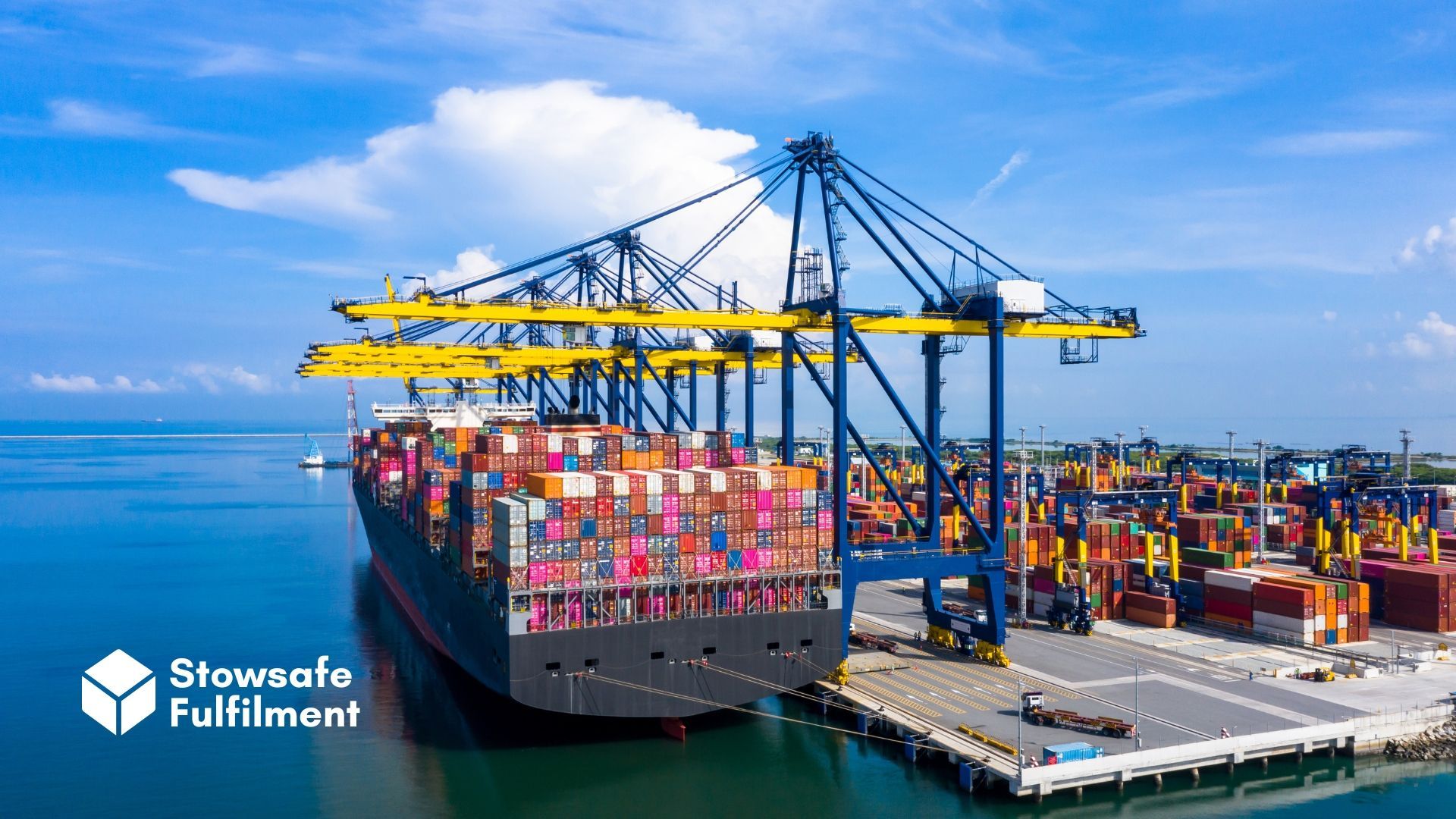
The world of eCommerce fulfilment is drenched in acronyms. If you're new to the industry, it's easy to feel like you've taken a bath in alphabetti spaghetti.
There are 3PLs. There are 4PLs. There are even 1PLs, 2PLs and 5PLs. What gives?
The short answer is that all of these are types of fulfilment providers. They all exist to help you get product A to customer B as quickly and smoothly as possible.
But each varies in scale, scope and service offering. A 3PL plays a very different role to a 4PL. And while a 2PL requires extensive infrastructure, you could start a 1PL in your spare room by Saturday.
If you feel like you're sinking deeper into that spaghetti-soaked bathtub, fear not. We're here to unpick the acronyms and give you a clear idea of which service best suits your business.
What is a 3PL?
Yes, we're starting at number three. That's because 3PLs and 4PLs are easily the most common types of outsourced fulfilment services.
3PL stands for "third-party logistics". Perhaps confusingly, companies that provide third-party logistics services are
also called 3PLs. Go figure.
Working with a 3PL means outsourcing your logistics processes to a third party. Effectively, the 3PL
becomes
your logistics department.
It works like this: you ship your stock to the 3PL, which stores it in an off-site warehouse (or several warehouses). As orders come through, the 3PL's staff pick, pack and dispatch the goods to their respective customers.
This all works thanks to eCommerce platform integrations. The 3PL's warehouse management system (WMS) is in constant communication with your shopping cart and inventory software.
This means that the 3PL sees orders the moment they come through – and your inventory updates in real-time as products are shipped.
The benefits of using a 3PL boil down to cost, efficiency and flexibility.
A growing business, for instance, can harness a 3PL's services to scale quickly without spending a fortune on warehousing space and recruitment. And a large retailer might use a 3PL to improve last-mile delivery speeds in certain locations – or to optimise particular aspects of its fulfilment function.
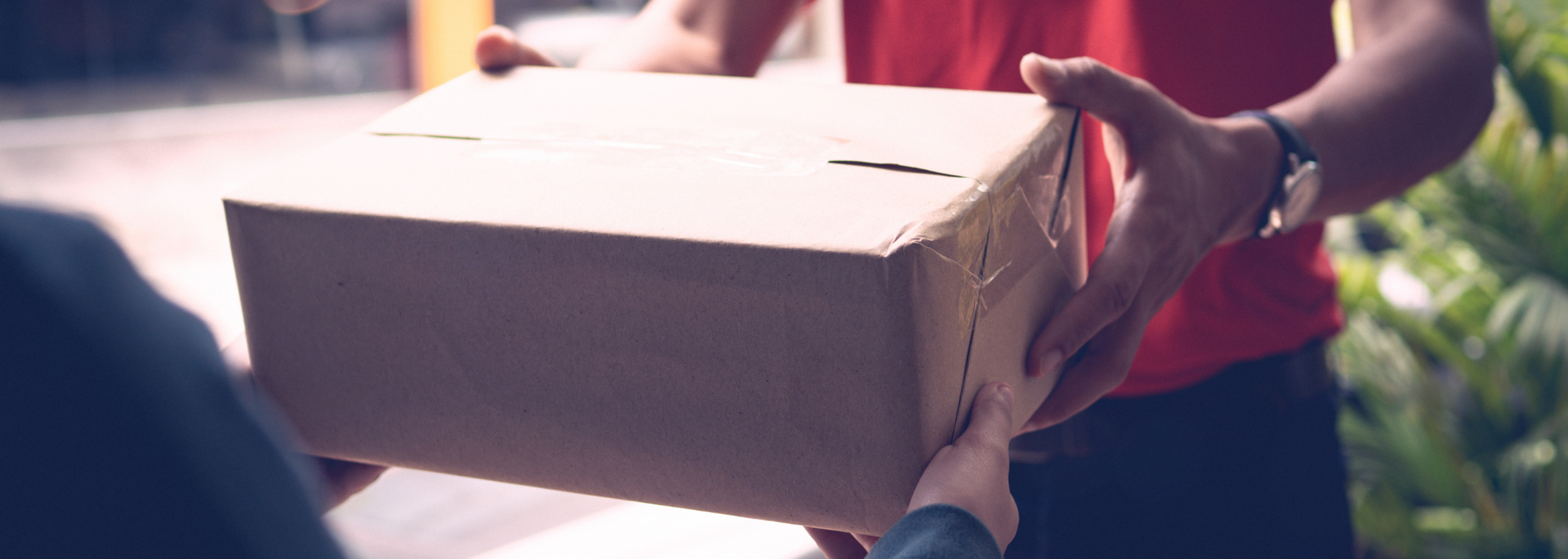
Then there's the fact that a 3PL can, quite simply, save you a bunch of time.
A good 3PL will handle your fulfilment operation smoothly, invisibly and with minimal intervention. And with many also offering services like returns management and kitting, it lets you spend more time on the things that matter – like developing products and building your brand.
What is a 4PL?
If a 3PL exists to offload time-hungry manual work, a 4PL is there to give your brain cells a break.
A 4PL (fourth-party logistics) provider takes a bird's-eye view of a company's logistics operation and looks for ways to optimise for efficiency, speed and cost.
It's big-picture stuff. 4PLs are focused on the
whole
supply chain, rather than individual moving parts. To this end, they may work with warehouses, shipping companies, freight forwarders and a whole host of other supply chain specialists – including 3PLs.
But a 4PL won't typically provide pickers, packers or warehousing space. It plays a purely strategic role – and this can be a double-edged sword.
On the one hand, it means it's free to find the most efficient or affordable provider for each step of the supply chain. It's a little like building a new car by gradually replacing old or inefficient parts, rather than shelling out for a brand-new Škoda.
But on the other hand, this is cold comfort for up-and-coming retailers who need to keep moving, get stuff done and compete in an increasingly crowded market.
For this reason, outsourcing supply chain strategy to a 4PL is only really an option for established businesses with complex – and perhaps global – logistics networks. When you have millions of moving parts, it makes sense to call in experts who know how to juggle them all.
For the rest of us, a good 3PL is probably enough. After all, the best 3PLs can
also assist with supply chain optimisation, if on a smaller scale. For instance, your 3PL may be able to automatically select the best possible delivery partner based on factors like speed and cost.
What about 1PLs and 2PLs?
As you've probably guessed by now, 1PL stands for "first-party logistics" and 2PL means "second-party logistics".
The term "1PL" is different to other PLs because it doesn't fit the normal definition of "outsourcing". You'd never go looking for a 1PL provider – unless you were looking in the mirror.

Yes, first-party logistics refers to the fulfilment activities that you undertake within your business. If you store, pack and deliver your own products, you're a full-fledged, end-to-end 1PL.
2PL providers, meanwhile, are equipped to
help
1PLs – but unlike 3PLs, they don't offer a full fulfilment service. 2PLs are like cogs in a machine rather than a complete contraption. Haulage companies, couriers and public warehouses fall into this category.
The new kids on the block: 5PLs
Fifth-party logistics is a fairly new concept – and, as such, the term is still open to interpretation.
Essentially, you can think of it as "fourth-party logistics with bells on". Like 4PLs, 5PLs focus on optimising supply chains – but with a wider scope and a greater emphasis on emerging technologies.
These technologies include robotics, machine learning, artificial intelligence and blockchain – all cutting-edge stuff with the potential to unlock efficiencies that our tiny human minds have yet to comprehend.
So, if 4PLs are for the big players, 5PLs are for the giants. If your business has a mindbogglingly complex supply chain and enough muscle to
change how it works on a fundamental level, a 5PL might be for you.
The 3PL that acts like a 1PL
A common criticism levied at 3PLs is that they force retailers to choose between efficiency and quality control.
It seems to make sense. You're allowing a third party to handle fulfilment – so you'll have to give up a little of that personal touch, right?
Well, here at Stowsafe Fulfilment, we're setting out to change all that.
We're not like most 3PLs. We work hard to deliver the same service model that your customers love and you've worked so hard to create.
Choose our 100% bespoke fulfilment service and we'll do things your way – right down to the way we store your goods, how they're packaged and the shipping labels we use.
We can also help with kitting, product reworking, ratio packing and all manner of other custom services. We can even replicate those little touches that make all the difference – like including flyers or "thank you" notes in your packages.
Want to learn more about how it works? Explore our
order fulfilment process – or
get in touch to discuss your requirements with one of our friendly experts.
All Rights Reserved | Stowsafe Fulfilment

